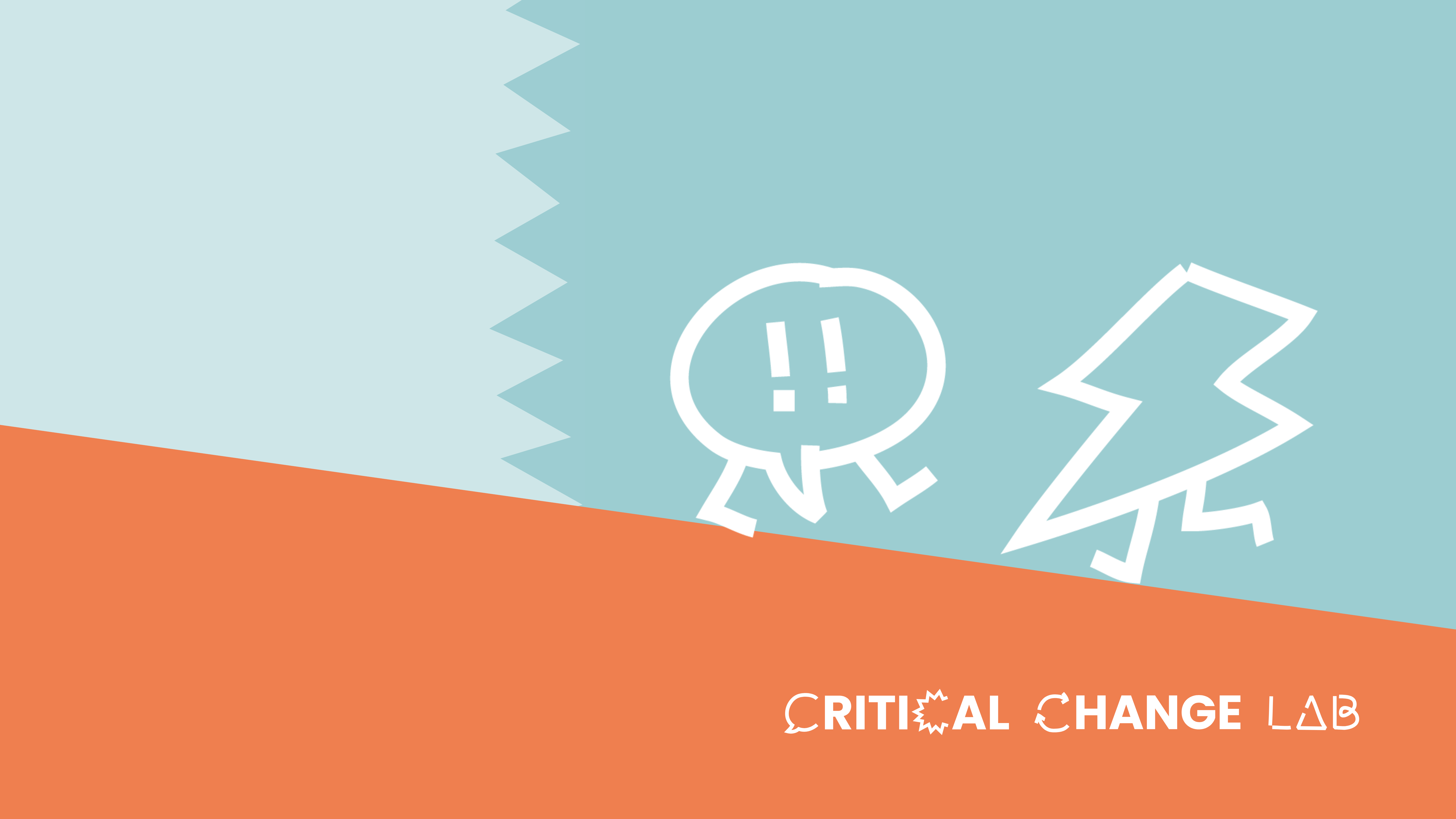Polarization and diminishing political participation of young people represent serious challenges for democratic systems. According to research conducted by the European Parliament in 2014, youth aged between 18 and 25 vote less than any other age group, are not willing to take over political positions, and start to participate in political life later than previous generations. Deep political divisions and decreasing trust in democratic institutions and democracy itself necessarily raise questions about the quality of civic education and the preparation of young people for active engagement.
For this reason, the Critical ChangeLab project assembled a policy brief, providing insights into democratic values and practices in schools and institutions offering non-formal educational programmes, and outlining recommendations for improving the practices for fostering everyday democracy in education.
These recommendations are based on quantitative and qualitative research conducted by the project partners in 10 European countries (Austria, France, Croatia, Slovenia, Ireland, Greece, Germany, Spain, Finland, and the Netherlands). The quantitative research involved a survey about the state of democracy among representatives of formal and non-formal educational programs. The qualitative research was conducted with young people belonging to vulnerable groups (minorities, LGBTQIA+) and/or living in challenging contexts, such as on the EU borders, in substitute care, in remote and rural areas, in public training and placement programs, in the suburbs, or in contact with the law with the risk of recidivism.
How to get youth involved: Policy recommendations for schools and non-formal educational programs
The research in schools revealed the importance of collaborative decision-making as the driver of implementing democracy in classrooms, with respect for stakeholders’ diversity and incorporation of the activities in the local context. Also, the importance of ensuring equal opportunities for all students to complete education, as well as providing them equal access to school educational programmes was emphasized. Based on the research findings, it is recommended for schools to consider the needs of the broader community when planning activities aimed at fostering democracy, to implement collaborative decision-making processes, and offer professional development opportunities for school staff to enhance their cultural competency, diversity awareness and inclusivity.
The research in institutions providing non-formal educational programmes revealed that the democratic practice of the highest importance was the consideration of a variety of approaches and/or viewpoints. Nevertheless, access to educational programmes appeared to be less present than in formal schooling, perhaps due to schools being obligatory, and thus more strongly oriented towards inclusion and equal access. Therefore, the research in non-formal contexts pointed to the need for targeted outreach and recruitment strategies to engage with underrepresented and marginalized groups, along with the need for financial assistance to ensure the stability of programmes, and development of culturally responsive programmes, in line with the community needs.
The qualitative research with youth tackled the ways in which youth across Europe perceive their lives, examining what it means for them to be young today, what their community identities are, and how they perceive democracy, participation and future perspectives.
Overall, the recommendations argue for the importance of amplifying youth voices, creating meaningful interactions between schools and community, and initiating communal eco-systems fostering everyday democracy.
Join our newsletter to continue to be updated on what we’re up to at #CriticalChangeLab. We’ll always keep it interesting, and only send you updates for as long as you want us to.
